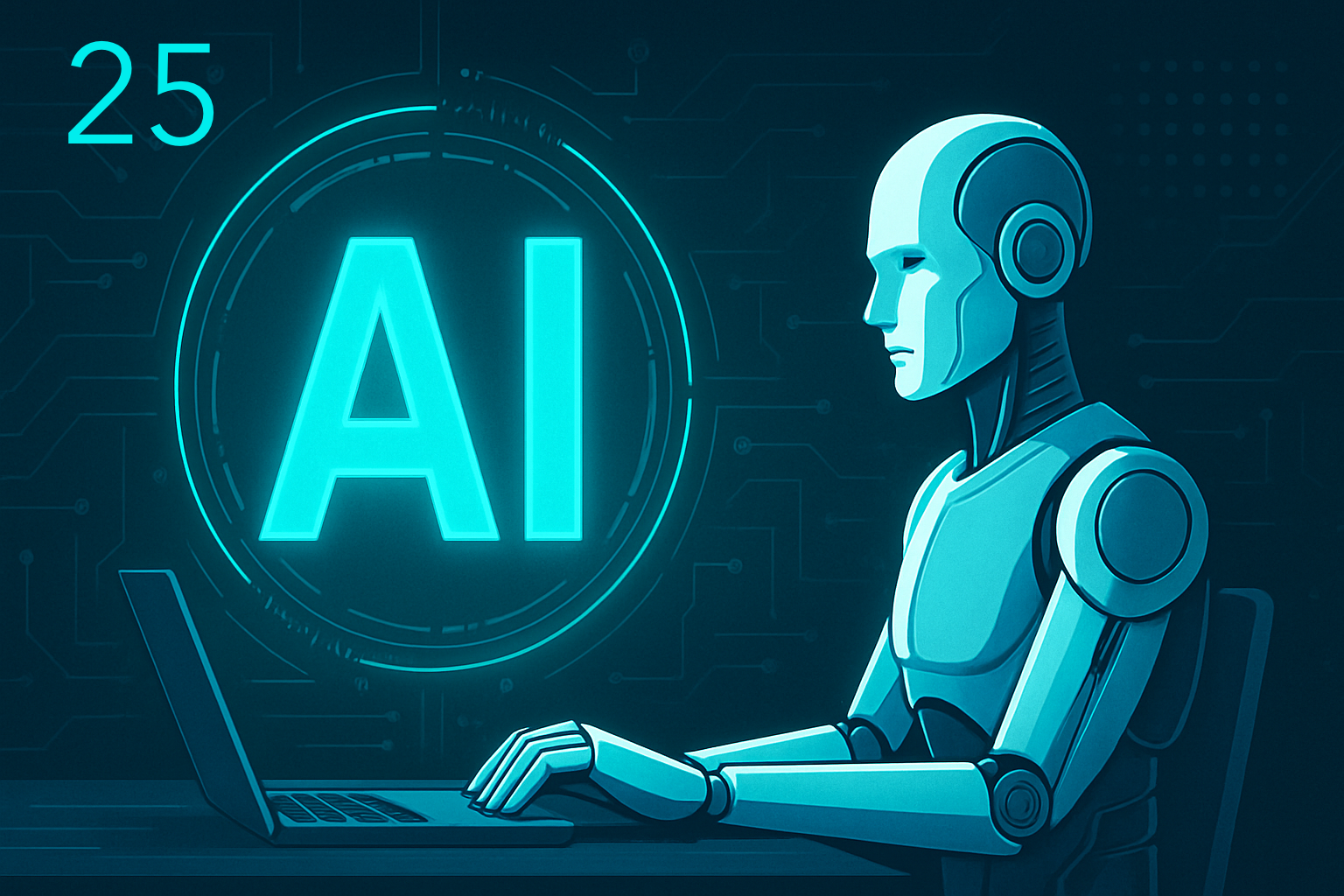
AI News Week 25
Top 5 AI News Stories of the Week
1. OpenAI Launches GPT-5 Beta
This week, OpenAI officially launched the beta version of GPT-5, which showcases significant enhancements in natural language understanding and generation capabilities. It leverages a newly developed architecture that allows for more nuanced conversations and context retention over extended interactions.
Why It Matters: With improved conversational abilities, GPT-5 is poised to redefine user interaction models across various platforms from customer service to creative writing. The implications for content creation, education, and even mental health support are vast.
2. Google DeepMind’s AlphaCode Achieves Historic Milestone
Google DeepMind announced that its AlphaCode system has successfully competed in programming competitions, scoring in the top 54% of participants in the latest Codeforces contest. This achievement highlights the model’s ability to understand complex coding tasks and problem-solving strategies.
Impact: As AI continues to break new ground in programming, we could see a shift in how software development is approached, with AI potentially becoming a key collaborator for developers, rather than simply a tool.
3. Meta’s AI-Powered Digital Avatars for Virtual Reality
Meta unveiled its new AI-powered digital avatars designed for use in virtual reality and social media environments. These avatars utilize advanced machine learning techniques to mimic users’ facial expressions and gestures in real time, creating a more immersive and authentic social experience.
What’s Next: As the metaverse continues to evolve, the integration of realistic AI avatars may enhance user interaction, but it raises essential questions about identity, privacy, and data security within virtual spaces.
4. New AI Regulations Proposed by the EU
The European Union has proposed new regulations aimed at governing the use of artificial intelligence across member states. These regulations seek to balance innovation with ethical considerations, particularly focusing on transparency, accountability, and bias mitigation in AI systems.
Why It Matters: If passed, this legislation could set a precedent for global AI governance. It highlights the EU’s commitment to leading the conversation about ethical AI, but it also poses challenges for startups and tech giants aiming to innovate within regulatory frameworks.
5. Stanford University Releases AI Ethics Toolkit
Stanford University’s Center for Ethics in Society has introduced a comprehensive AI Ethics Toolkit designed for researchers and developers. The toolkit provides guidelines for ethical AI development, focusing on fairness, accountability, and transparency in AI systems.
Impact: By equipping AI practitioners with essential ethical considerations, this initiative aims to foster a culture of responsibility within the AI community. It could encourage companies and research institutions to prioritize ethical implications in their projects, ultimately leading to more socially responsible AI development.
Conclusion
This week’s AI news highlights a pivotal moment for the industry, marked by groundbreaking technological advancements and growing awareness of ethical responsibilities. As AI systems become increasingly integrated into our daily lives, maintaining a balance between innovation and ethical considerations will be essential for sustainable progress.